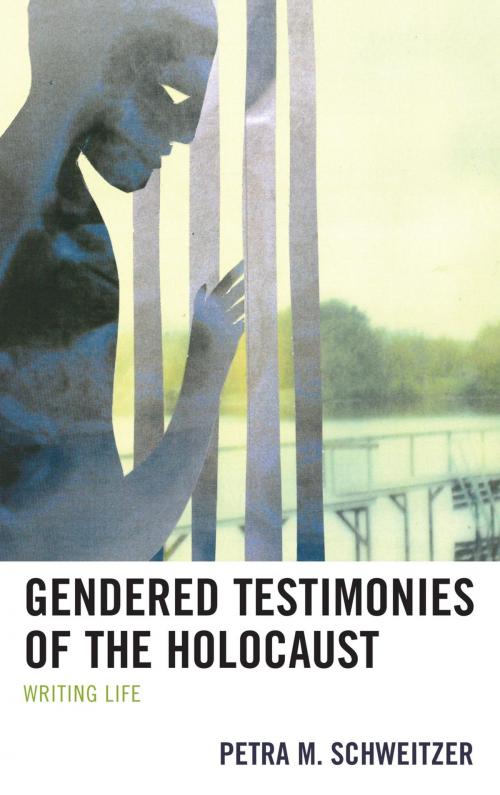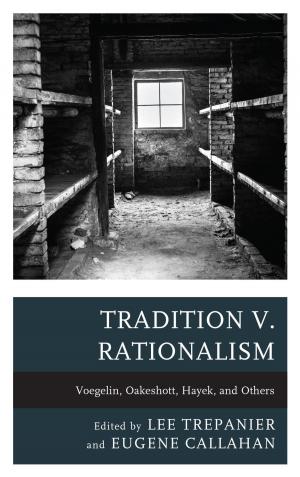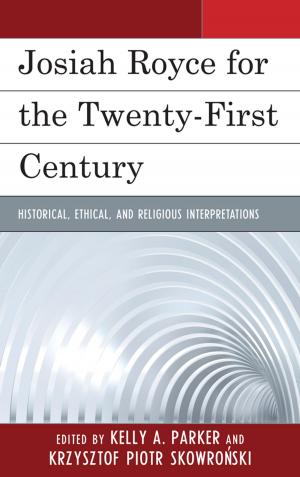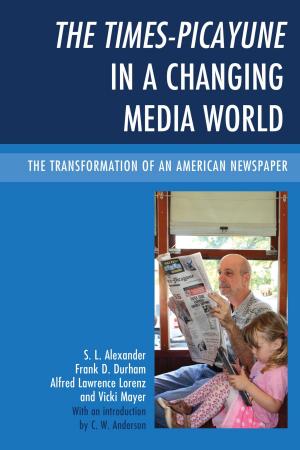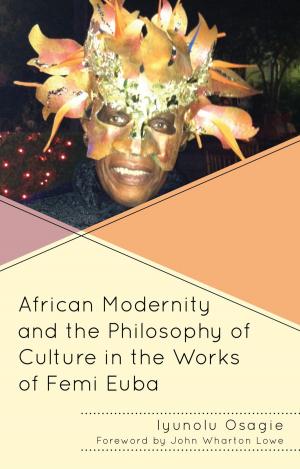Gendered Testimonies of the Holocaust
Writing Life
Nonfiction, Religion & Spirituality, Judaism, History, Fiction & Literature, Literary Theory & Criticism, European, Jewish, Holocaust| Author: | Petra M. Schweitzer | ISBN: | 9780739190081 |
| Publisher: | Lexington Books | Publication: | April 8, 2016 |
| Imprint: | Lexington Books | Language: | English |
| Author: | Petra M. Schweitzer |
| ISBN: | 9780739190081 |
| Publisher: | Lexington Books |
| Publication: | April 8, 2016 |
| Imprint: | Lexington Books |
| Language: | English |
Gendered Testimonies of the Holocaust: Writing Life begins with the premise that writing proves virtually synonymous with survival, bearing the traces of life and of death carried within those who survived the atrocities of the Nazis. In reading specific testimonies by survivor-writers Paul Celan, Charlotte Delbo, Olga Lengyel, Gisella Perl, and Dan Pagis, this text seeks to answer the question: How was it possible for these survivors to write about human destruction, if death is such an intimate part of the survivors’ survival?
This book shows how the works of these survivors arise creatively from a vigorous spark, the desire to preserve memory. Testimony for each of these writers is a form of relation to oneself but also to others. It situates each survivor’s anguish in writing as a need to write so as to affirm life. Writing as such always bears witness to the life of the one who should be dead by now and thus to the miracle of having survived.
This book’s claim is that the act of writing testimony manifests itself as the most intensive form of life possible. More specifically, its exploration of writing’s affirmation of life and assertion of identity focuses on the gendered dimension of expression and language. This book does not engage in the binary structure of gender and the hierarchically constructed roles in terms of privileging the male over the female. The criteria that guide its discussion on Gendered Testimonies emerge out of Levinas’s concept of maternity.
Gendered Testimonies of the Holocaust: Writing Life begins with the premise that writing proves virtually synonymous with survival, bearing the traces of life and of death carried within those who survived the atrocities of the Nazis. In reading specific testimonies by survivor-writers Paul Celan, Charlotte Delbo, Olga Lengyel, Gisella Perl, and Dan Pagis, this text seeks to answer the question: How was it possible for these survivors to write about human destruction, if death is such an intimate part of the survivors’ survival?
This book shows how the works of these survivors arise creatively from a vigorous spark, the desire to preserve memory. Testimony for each of these writers is a form of relation to oneself but also to others. It situates each survivor’s anguish in writing as a need to write so as to affirm life. Writing as such always bears witness to the life of the one who should be dead by now and thus to the miracle of having survived.
This book’s claim is that the act of writing testimony manifests itself as the most intensive form of life possible. More specifically, its exploration of writing’s affirmation of life and assertion of identity focuses on the gendered dimension of expression and language. This book does not engage in the binary structure of gender and the hierarchically constructed roles in terms of privileging the male over the female. The criteria that guide its discussion on Gendered Testimonies emerge out of Levinas’s concept of maternity.
